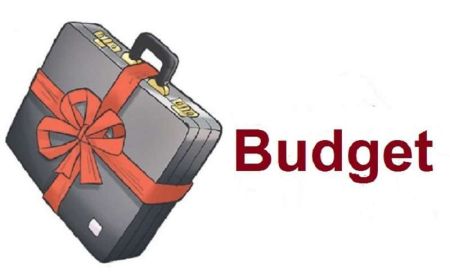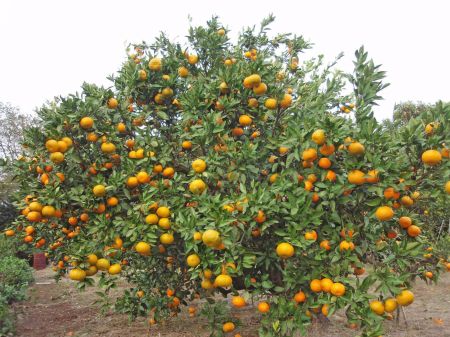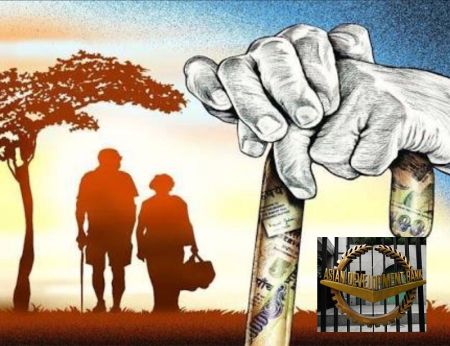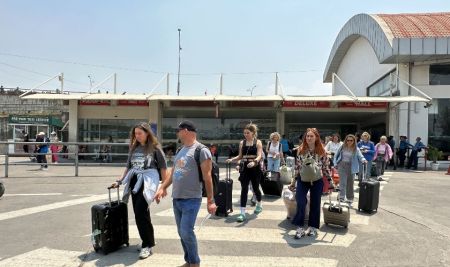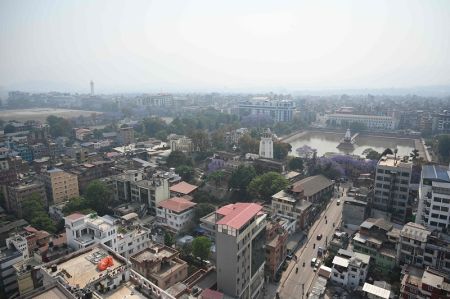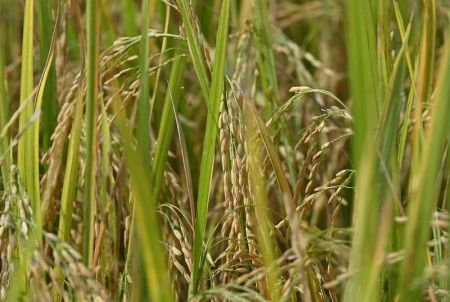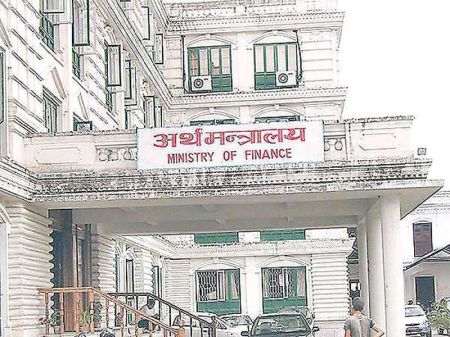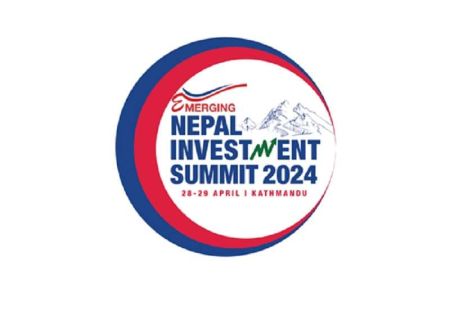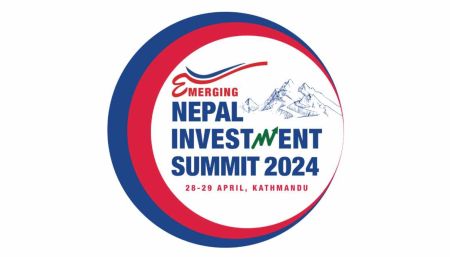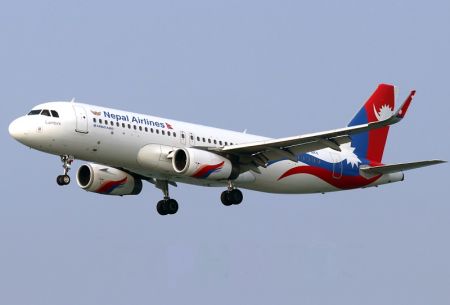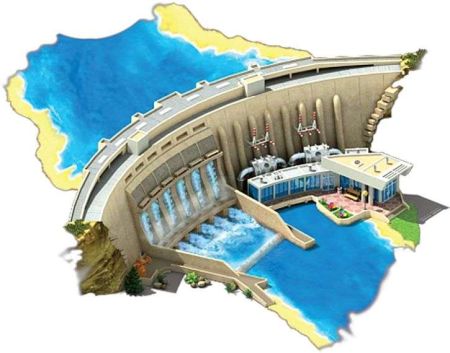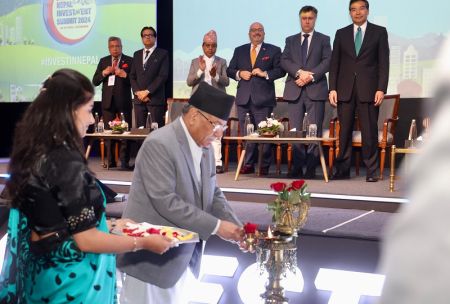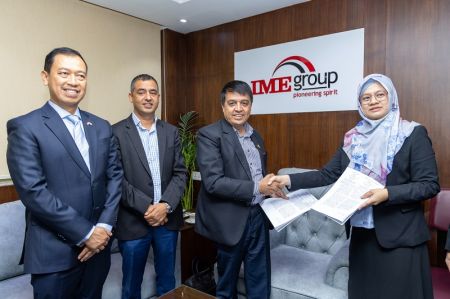By Akhilesh Tripathi
.jpg)
Relations between two countries have grown stronger over time.
Denmark has been a friendly country of Nepal and a key partner to its development efforts ever since the two countries established diplomatic relations more than 45 years ago, on 15 December 1967. Denmark established its residential embassy (headed by Charge d’ Affaires, e. p.) in Kathmandu in April 1992 which was upgraded to ambassadorial level later. Nepal reciprocated the move by establishing a residential embassy in Copenhagen in May 2007 at the level of Charge d` Affaires a.i. and upgrading it to the ambassadorial level in August 2007.
There have been a number of high profile visits from Nepal to Denmark especially over the past two and a half decades. Some important examples of these visits include: the weeklong State Visit by Late King Birendra and Queen Aishwarya in October 1989, a visit by a six-member Nepali parliamentary delegation led by the then Speaker Daman Nath Dhungana in 1992, visit by the then Prime Minister Late Man Mohan Adhikary to participate in the World Summit for Social Development in March 1995. Similarly, the then Minister for Commerce and Supplies, Rajendra Mahato visited Denmark in 2009 to participate in Nepal Trade Fair 2009. Then Foreign Minister Upendra Yadav, Deputy Prime Minister and Foreign Minister Sujata Koirala visited Denmark in 2008 and in March 2010 respectively. The then finance minister Barshaman Pun visited Denmark on 14- 21 March 2012.
Similarly from Denmark, a Parliamentary delegation led by Speaker Erling Olsen paid a visit to Nepal in 1995, which was followed by the Members of the Foreign Affairs Committee of Danish Parliament in 2006. Denmark’s Development Cooperation Minister Ulla Torneas visited Nepal in September 2006. A delegation led by Danish Minister for Development Cooperation, Soren Pind, visited Nepal in April 2010. Undersecretary for Asia Sus Ulbaek visited Nepal on April 11, 2011 to participate in the consultation meeting.
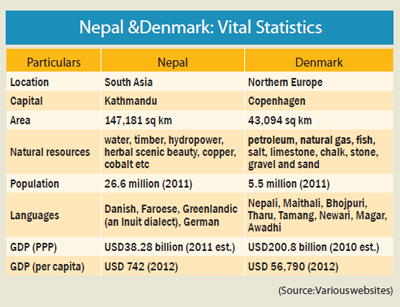
Economic Cooperation & Aid
Denmark started providing economic cooperation to Nepal in 1973 with a loan assistance of Danish Kroner 20 million for dairy development projects. The Danish government converted all outstanding loans to Nepal into grant in 1980. Denmark included Nepal in the list of its 20 priority countries for Danish programme cooperation in 1990. Since then bilateral annual aid negotiations are held every year in Kathmandu. The latest Nepal Denmark High Level Consultation Meeting was held on 11 April, 2011 in Kathmandu.
Denmark has also selected 15 programme countries including Nepal for long term program cooperation. Denmark also provides technical assistance in the form of advisors and scholarships. Recently it has focused its economic cooperation in the areas of private sector development. There are a number of major projects in Nepal that have been completed under Danish assistance (see box). Denmark has also been supporting the Nepal Peace Trust Fund (NPTF) since 2007.
The objective of Danish development cooperation is poverty alleviation with cross cutting issues of gender, environment, democratisation and human rights. The areas of focus of Danish cooperation are education, environment, energy, natural resource management, human rights, good governance and decentralization.

Partnership through DBP
Under the DANIDA Business Partnership (DBP), the bilateral donow agency supports commercial ideas and projects originating from Nepali and Danish enterprises. To introduce the DBP programme, the Embassy of Denmark appeared with a stall during the 2nd International Trade Fair held in Kathmandu recently seeking Nepali business entrepreneurs with a common commercial business idea. The DBP programme which has replaced the B2B and IPD programmes, supports partnerships through grants for match-making of companies, study visits, preparatory analysis, transfer of know-how, training, export promotion, improvement of working conditions and improvement of external environment. The partnership focuses mainly on six areas like handicrafts, agro business, tourism, IT, health and waste management.
According to the information provided by DANIDA, cotton production in East Africa and fishery in Southeast Asia are two of the best DBP programmes. DANIDA supports the partnership projects with a maximum amount of around Rs7.2 million (5 million DKK). Currently BIOSYENERGY of Denmark and Chaudhary Biosys and Søbogaard, a Denish company and Binayak Foods in Bhaktapur are jointly working under the DBP programme.
‘The development process of Nepal has to be private sector-driven, as soon as possible’
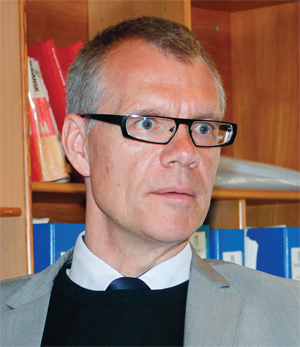
H.E. MORTEN JESPERSEN
Danish Ambassador to Nepal
What is Denmark’s take on the latest political development?
Denmark, along with other EU countries has already welcomed the formation of the CJ-led Interim Election Council (IEC). Since all the major political forces have backed the development, it makes good sense to proceed ahead on this path.
What if elections cannot be held by June this year?
There are of course some risks. But now the IEC has got full shape. There are talks about appointing commissioners at the Election Commission and other constitutional bodies. So, right now I am not too pessimistic. Of course, we will be facing a new situation if the IEC cannot manage to hold elections by June. But again, there is an understanding among the political parties to hold the elections in November if they cannot be held in June. This understanding and this government have the backing of the international community as well because the major political parties’ support to them.
It’s been more than four decades since Nepal and Denmark established diplomatic ties. How have the bilateral ties grown over this period?
I believe the bilateral relations have grown stronger and stronger. Maybe Denmark has not been a big donor in terms of the amount of aid provided to Nepal. But we plan to increase the aid volume in the coming years. We have been extending economic cooperation to Nepal for more than past three decades, supporting the country’s development in many sectors in collaboration with the government, civil society organizations and other stakeholders. Right now we are in the process of focusing our development assistance in certain priority areas such as peace process, governance, human rights, renewable energy etc. For the past two years we have been working closely with the government to align our assistance with Nepal’s own development strategy.
Who does Denmark find it more comfortable to work with in Nepal– the government, the civil society or the NGOs or the private sector?
Interesting question! But I cannot really rank them. All these are completely different partners and have their individual pros and cons. That said, of course the government is a major partner for us; we have been working closely with a number of ministries and government agencies on several projects. So, there has been a lot of government-to-government cooperation. We understand each other’s procedures and needs. Yes, sometimes there are complications – when we try to move faster than is actually possible.
Talking about the private sector, we don’t have a lot of experience working with the private sector. But we do have a specific programme – Business to Business (B2B) Cooperation. It is also development money but it is smaller in amount. We have some good examples of B2B cooperation and some bad examples. That means there are some prospects and also some constraints. We need to overcome these constraints before we could expect a growth in FDI from Denmark. The investors must be ensured security of their investment and adequate power supply. There has to be political stability and an environment conducive to investment. There has to be a situation where no company faces this or that group of people coming to them and making illegal demands. However, we have seen some good B2B cooperation between Denmark and Nepal such as Carlsberg, and I hope we will have more in future. As soon as possible, the development process of Nepal has to be private sector-driven.
Can we expect more B2B interaction or cooperation between the private sectors of the two countries in the days to come?
I would like to see things move in that direction. But we also know that private sector development comes out of private initiatives. Nepal has to offer investment opportunities. However, if the investors are not willing, then you cannot force them. From our side, we will definitely focus more on private sector development in the days to come. We have recently prepared a business profile. We want to see where the opportunities are and how they can be linked with our development activities. However, we cannot do private sector development through government initiatives – neither Danish nor Nepali. That’s why we are working with the FNCCI.
How do you view the progress of DANIDA projects in Nepal?
We believe that we are doing well. As I mentioned earlier, the focus is more on energy. Our support to micro-hydropower projects and renewable energy programmes, has provided energy solutions to nearly one million households. We have already decided to phase out of the education sector globally, as per a political decision taken in Copenhagen a couple of years ago. We have projects to support the ongoing peace process as well and we do believe that Nepal is progressing. It has been able to maintain peace for seven consecutive years after the signing of the Comprehensive Peace Accord. The priority areas for us in Nepal now are: human rights and peace; energy; and growth and employment.
The volume of bilateral trade is small. How can we boost it up?
The bilateral trade volume is very small. But we would like to see it grow. We participated in the Nepal International Trade Fair last week. We had bought a stall in the fair where we tried to inform the visitors about the DANIDA Business to Business programme. There was a good interest in the programme from some Nepali business people. We will try to match them with Danish companies. Besides, we are also planning to bring a delegation of Danish companies to Nepal, sometime in the autumn of 2013, so that they can see the situation here by themselves. We are also working with the FNCCI in this regard. The export of carpets and textiles from Nepal to Denmark used to be higher in the past. But unfortunately, that has declined over the past few years. For more FDI to come, as I mentioned earlier, Nepal will have to overcome constraints like energy crisis, political instability, and legal and institutional shortcomings.
The agricultural productivity is very high in Denmark, thanks to the advancement in technology. In fact, Denmark exports two-thirds of its agricultural produce. Has there been any initiative towards agricultural technology transfer from Denmark to Nepal?
I must say the growth of agriculture in Denmark is very impressive. But again, Denmark and Nepal have different conditions. Nepal does have potentials in agriculture. But the government here has not been able to invest enough in this sector. Through our growth and employment programmes, we are focusing on the agriculture sector in 6-7 districts in the east. Through these programmes, we are trying to build the capacity of the farmers. We are trying to create and upgrade value chains in agriculture there. For example we are trying to enhance their market access, provide them with storage facilities etc.
What is the latest development in Denmark’s support to the renewable energy sector in Nepal?
The latest development is that we have committed another USD 45 million to this sector a few months back for the next four to five years. We have been focusing on small-scale hydropower (up to 2MW), solar energy, biomass and improved cooking stoves in the rural areas through a pool of donors. We have even bigger plans for the next five years.
Danish NGOs in Nepal
Apart from bilateral assistance through the Embassy, Denmark also provides assistance to Nepalis through a number of Danish NGOs operating in Nepal. Some of them are:
- MS ActionAid Denmark
- Care Nepal
- Danchurch Aid
- Ulandssekretariatet/LO-FTF Council
- Mission East
- Danish Red Cross
- Disabled People’s Organisation of Denmark (DPOD)
- Trianglen
Major Business Projects completed under Denmark Assistance in Nepal
- Dairy Development Schemes in Kathmandu, Hetauda and Pokhara.
- Assistance to Election Commission for General Elections and Local Elections.
- Assistance to Parliament Secretariat (DK 4.8 Million)
- Dairy Development Schemes in Kathmandu, Hetauda and Pokhara.
- Fourth and Fifth Telecommunications Projects and Institutional support to Nepal Telecommunication Authority (DKK 220.1 million).
- Livestock Development, Kavre.
- Malaria Control Programme (DK 13.09 million)
- Media Development Fund (DKK 2.62 million)
- Project to Support National Dairy Development Board (12.9 million DKK )
- Skimmed Milk Powder Plant at Biratnagar (DK 23.7 Million)
- Slaughterhouse, Hetauda.
- Strengthening of Local Authorities in Nepal (DKK 19.9 million)
- Support to the Media Centre (DKK 5.2 million)
- Watershed Management Project in Rasuwa, Nuwakot and Dhading Districts (DKK 15.8 million).
(Source: http://www.nepalembassydenmark.org)
Denmark has also shown interest in following Transmission lines.
- Hetauda- Bardghat 220 K. V. Transmission Line: Amount US$ 35-40 million.
- Kailali- Kanchanpur Rural Electrification: Amount US$ 10 million.






